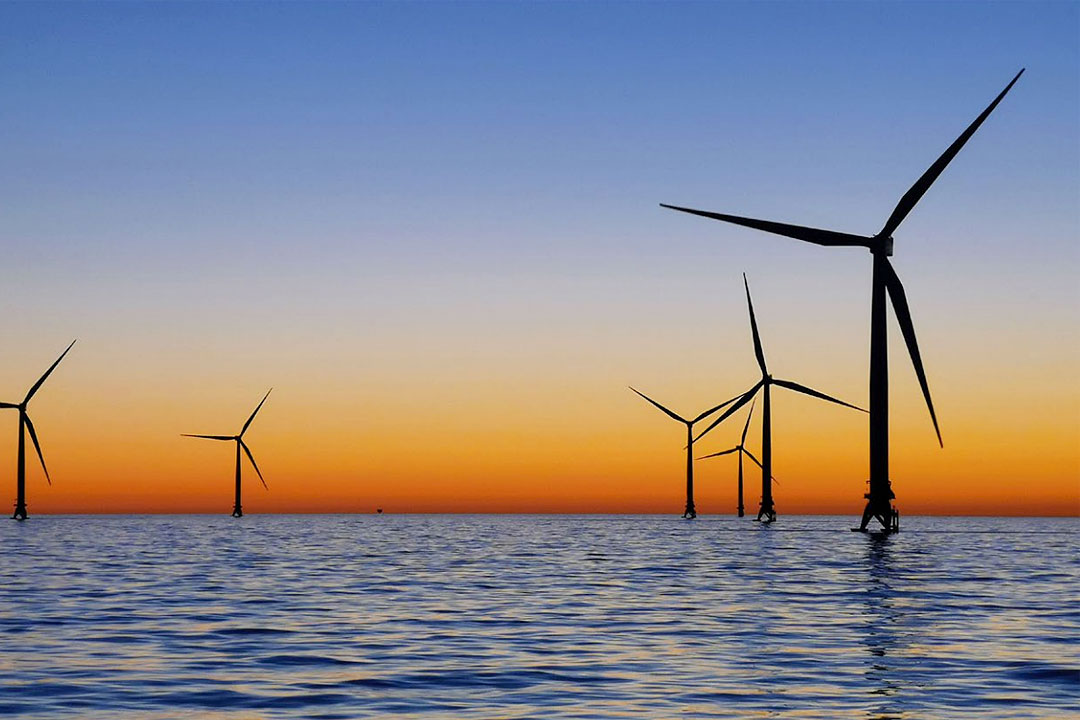BoI cites need to de-risk RE investment via financing
By Justine Irish D. Tabile – November 12, 2024 | 8:54 pm
from Business World

WORLDBANK.ORG
THE Board of Investments (BoI) said re newable energy (RE) investments need to be de-risked by providing financing options and supportive policy in order to navigate the rapidly evolving RE ecosystem.
Rose Marie Mendoza, chief investments specialist of the BoI’s Energy Division said RE companies survive through collaboration between the public and private sectors.
“With each new player comes more complexity — whether in technology, investment dynamics, or market strategies. As we solve today’s challenges, we inevitably encounter new issues, reflecting the natural cycle of climate innovation,” Ms. Mendoza said.
“That’s why a strong, focused approach to de-risking renewable energy investments is critical. Equitable financing options backed by supportive policies will enable both small and large players in the ecosystem to thrive and adapt to an ever-evolving landscape,” she added.
The government unlocked investment in RE projects after it allowed full foreign ownership in the industry, which was previously capped at 40%.
As of Sept. 15, the BoI approved P1.35 trillion in investment pledges, accounting for 84.4% of the investment promotion agency’s target of P1.6 trillion for 2024.
The approvals were mostly in the energy sector, particularly RE projects, which accounted for P1.29 trillion of the investment pledges.
The other top investment destinations were real estate, manufacturing, agriculture, forestry and fishing, and administrative and support services.
The BoI and the United Nations Development Programme (UNDP) launched the Philippine Investor Map to point out opportunities for sustainable investment in the Philippines.
UNDP Philippines Resident Representative Selva Ramachandran said that the private sector plays a huge role in boosting climate and SDG (sustainable development goal) investment in the Philippines.
“We understand the magnitude of the challenge in front of us, and we have a range of tools and solutions,” said Mr. Ramachandran.
“More urgently, we need to understand how we can move from solutions to action and how we can drive collective action and make progress towards common goals to address climate change and achieve more equitable and inclusive development outcomes for all,” he added.



